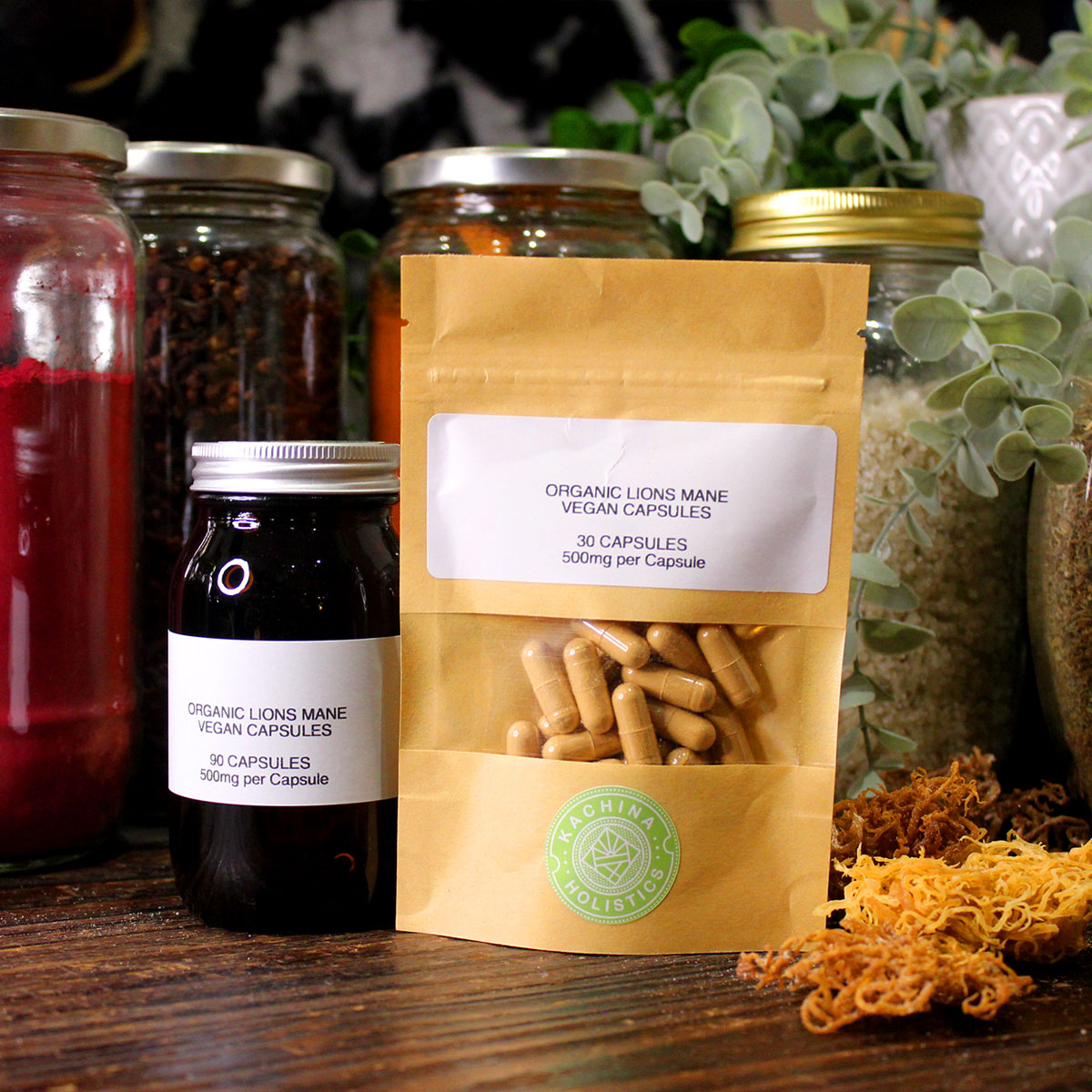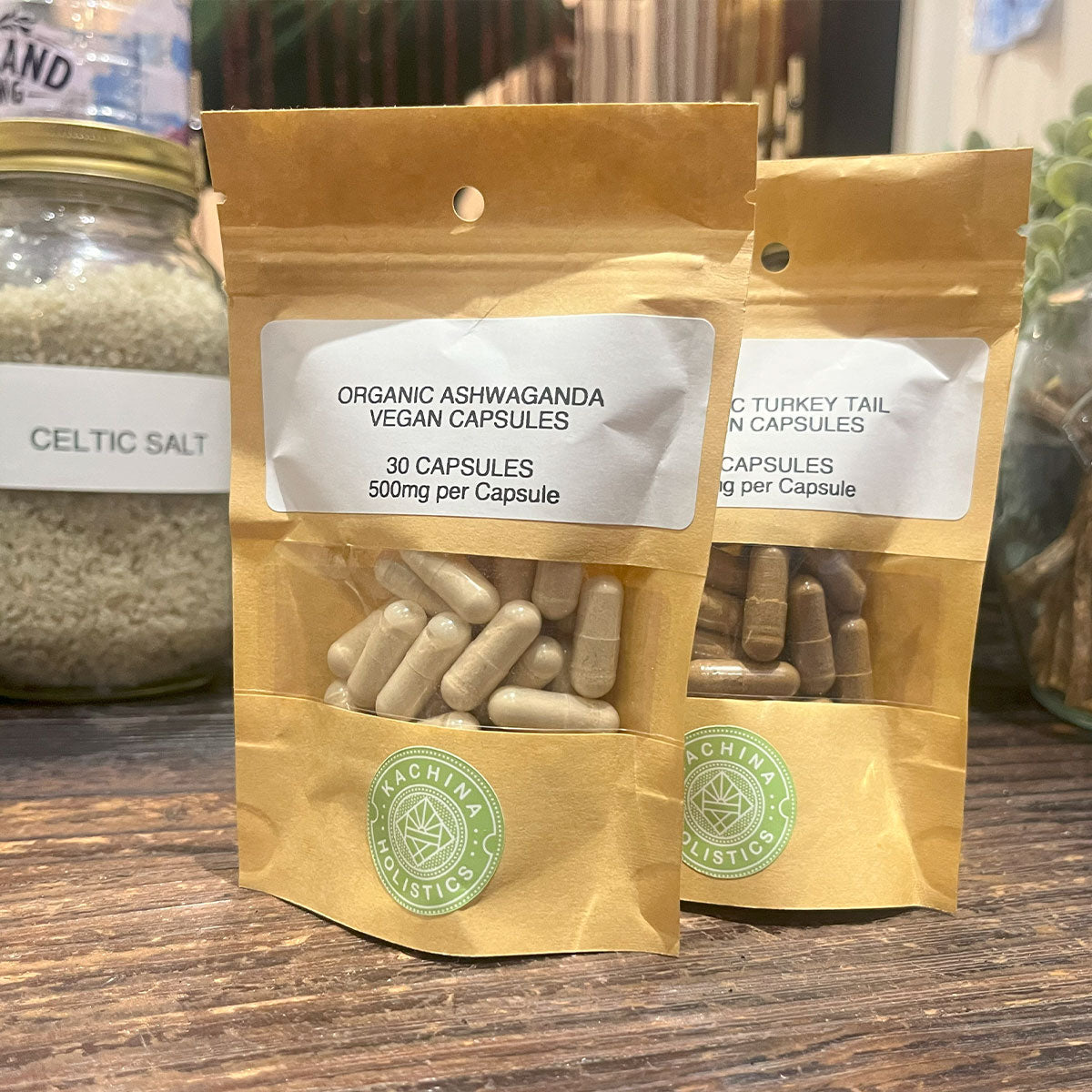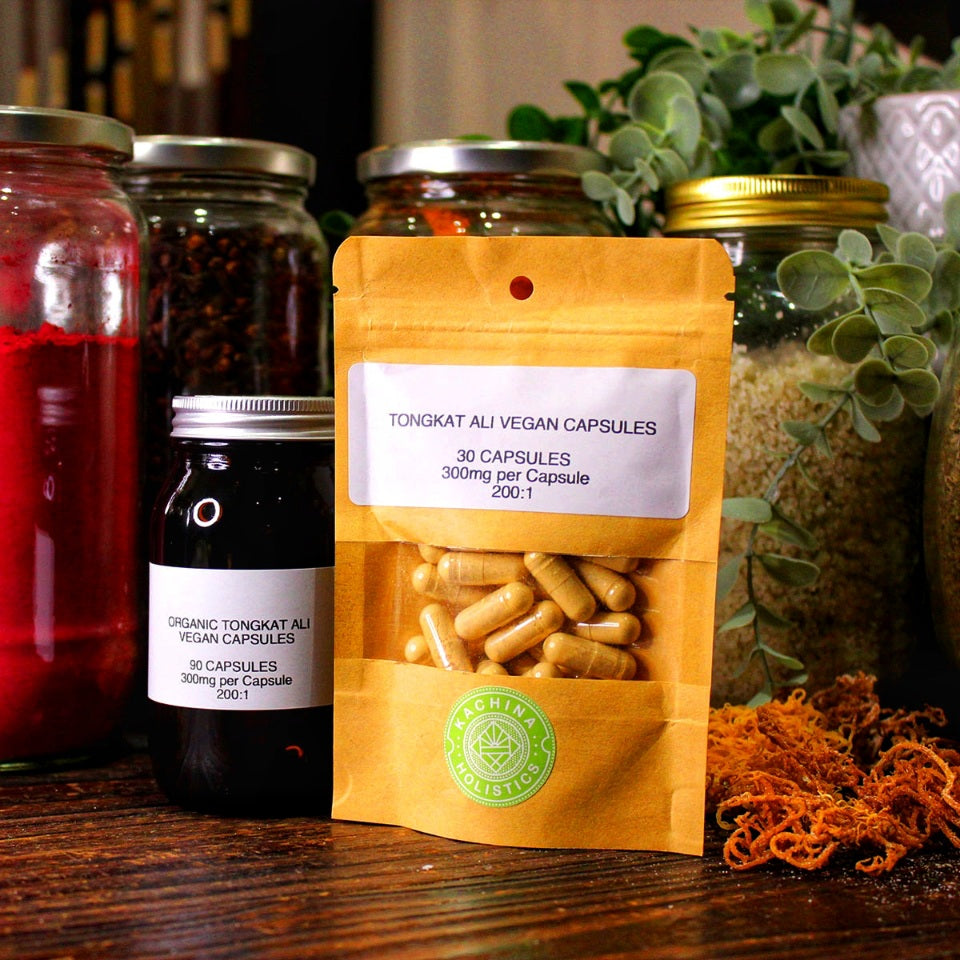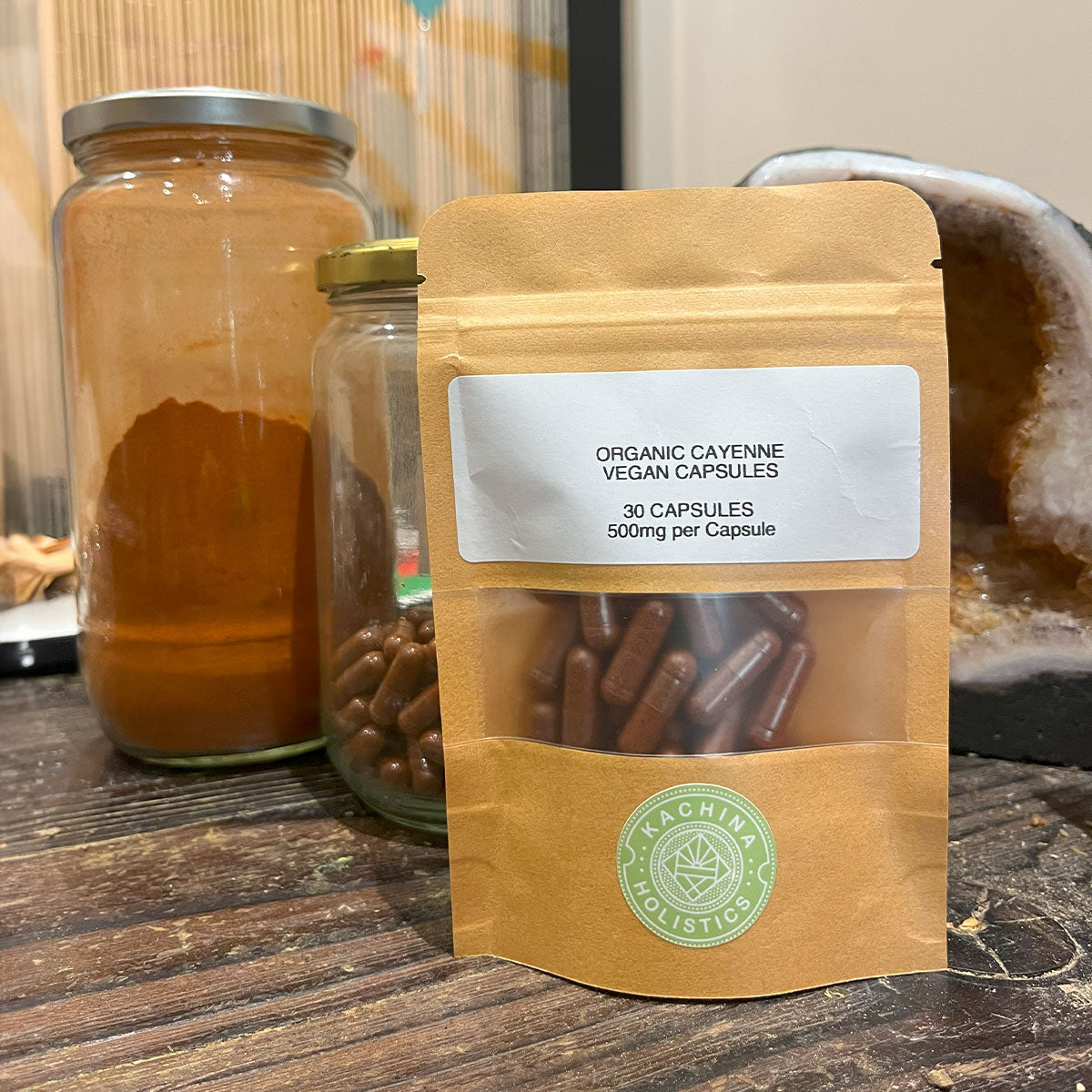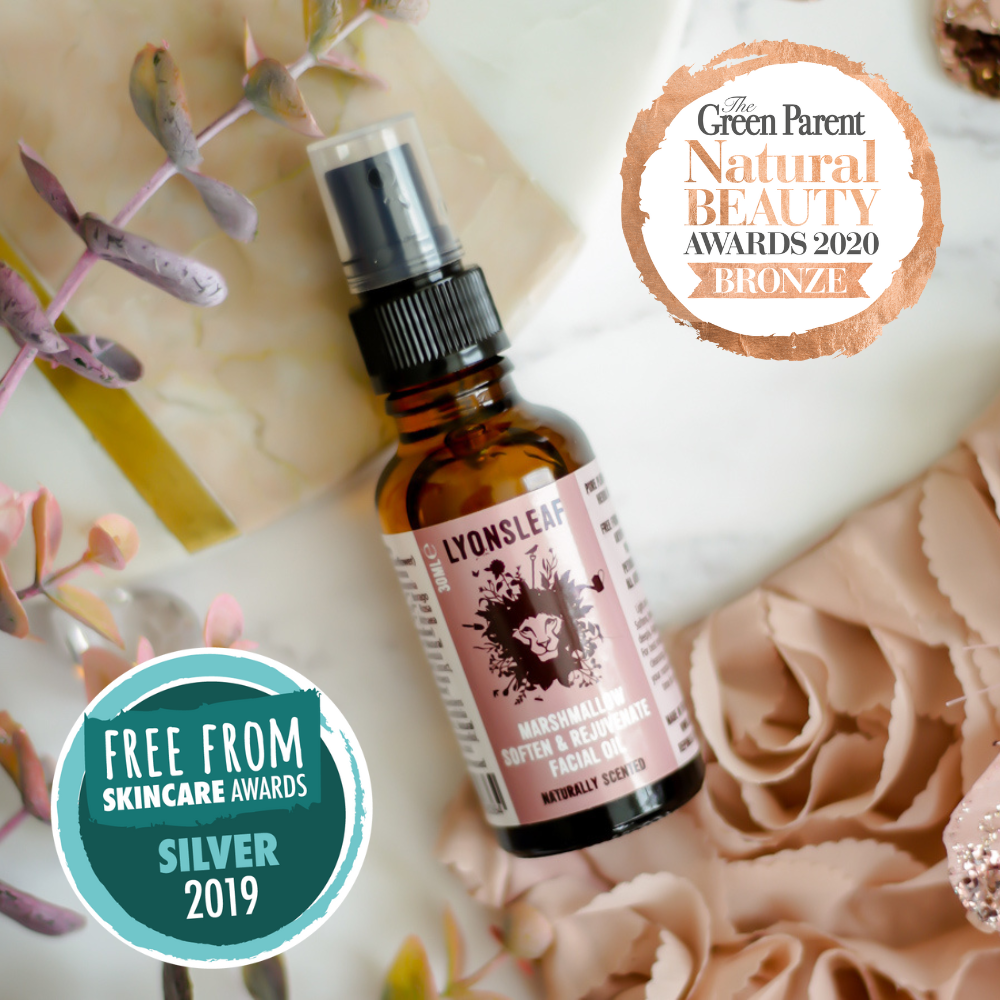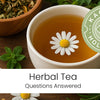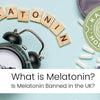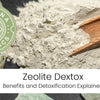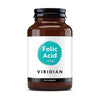Mullein Leaf: Unlocking Nature's Remedial Treasure
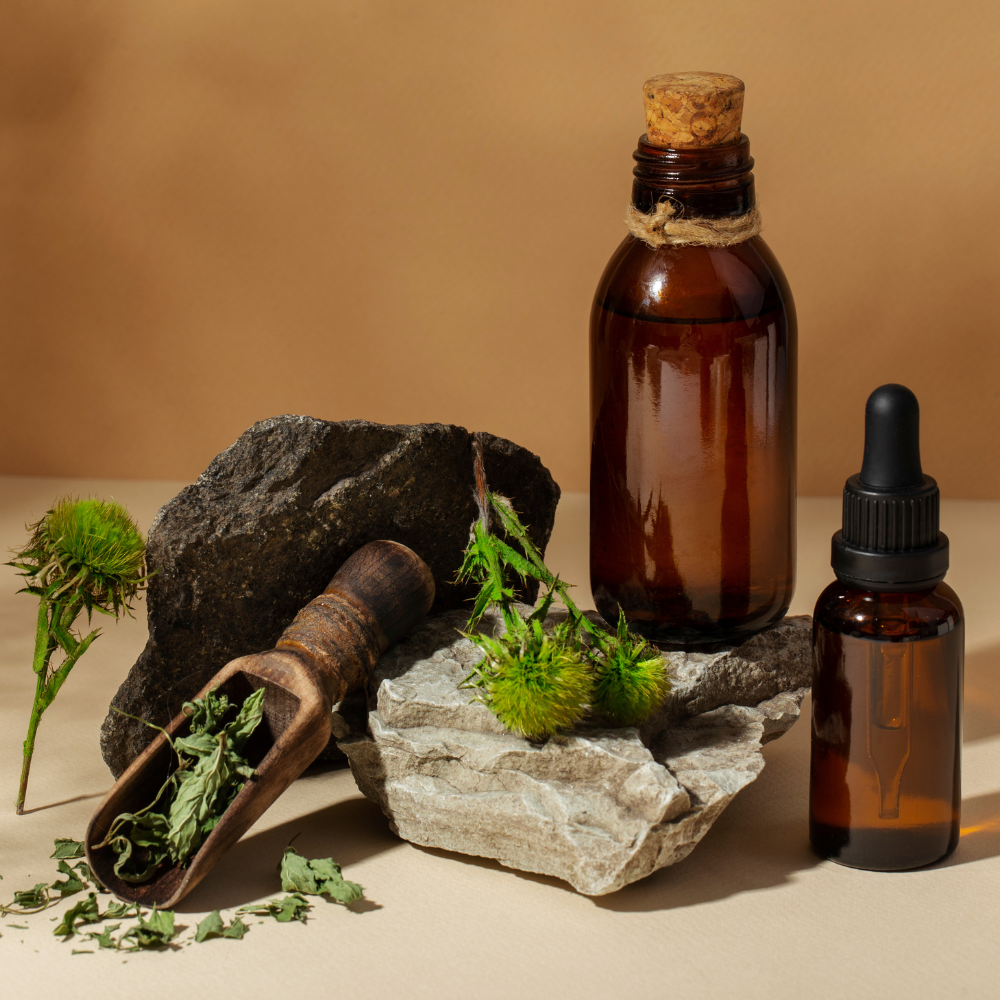
Mullein, a common weed treasured in herbal medicine for centuries, harbours a rich history of addressing respiratory issues, digestive ailments, and skin conditions. Laden with active compounds like flavonoids and saponins, it boasts anti-inflammatory, antioxidant, and antihypertensive properties. Despite its extensive traditional use, scientific evidence supporting its efficacy remains limited.
Uses and Traditional Applications
- Lung and Respiratory Health: Mullein has a historical foothold in treating respiratory conditions such as hoarseness, tonsillitis, coughs, asthma, and bronchitis. Often consumed as infusions or syrups, its antitussive and expectorant properties are attributed to plant compounds. While studies hint at its potential, further research is crucial to establish its efficacy against respiratory illnesses.
- Ear Disorders: Traditionally employed for earaches, Mullein's analgesic properties find expression in ear drops. Antibacterial and antiviral characteristics make it a candidate for ear infection treatment. However, clinical validation is lacking, emphasizing the need for rigorous research.
- Burn and Wound Healing: Mullein's application extends to skin concerns, where ointments from leaves aid in burn and wound healing. Human trials supporting its efficacy, such as the positive impact on episiotomy wounds, underline its potential in specific applications.
- Pain and Inflammation: In the realm of osteoarthritis, Mullein's anti-inflammatory components, including the antioxidant kaempferol, suggest benefits in pain and inflammation reduction. Its historical use extends to gut, liver, and skin inflammation, showcasing its versatility.
- Diarrhea: Mullein's infusion in water is suggested for addressing diarrhea, linked to its potential to combat infections and reduce inflammation. However, robust human studies are essential to substantiate these claims.
Health Properties Unveiled
Mullein's holistic healing attributes encompass anti-inflammatory, anti-cancer, antiseptic, diuretic, pain-relieving, and wound-healing qualities. Flavonoids, saponins, and other actives contribute to its diverse medicinal potential.
How to Incorporate Mullein Into Your Wellness Routine
Whether sourced from nature or supplements, Mullein can be integrated into your regimen in various forms:
- Tea: Blends of roots, leaves, and flowers offer a respiratory wellness tea.
- Oil: Infused in olive oil, Mullein oils find application in cooking, as ear drops, or topical solutions.
- Extracts: Tinctures provide oral consumption for respiratory and immune support.
- Cream: Mullein creams and salves cater to topical applications, soothing and protecting the skin.
- Supplements: Available in capsule form, they target respiratory and bronchial support.
Safety and Side Effects
With minimal reported side effects, Mullein exhibits a favourable safety profile. Caution is advised due to the unregulated nature of dietary supplements. Engaging with healthcare providers becomes paramount, especially for specific populations.
Exploring Alternatives
While Mullein showcases diverse benefits, alternatives like vitamin C, zinc, curcumin, peppermint oil, and honey offer parallel healing attributes. Always consult healthcare providers to navigate safe supplement combinations.
To Sum Up
Mullein Leaf, steeped in tradition, beckons as a potential remedy for various ailments. Embracing its rich history and understanding its applications can empower individuals seeking natural approaches to health. Nevertheless, scientific scrutiny and personalized guidance remain integral for optimal well-being.
Note: This information is not a substitute for professional healthcare advice. Consult with a qualified healthcare practitioner before incorporating Mullein or any supplements into your routine, especially if pregnant, nursing, or dealing with specific health conditions.
-
Posted in
Wellness
